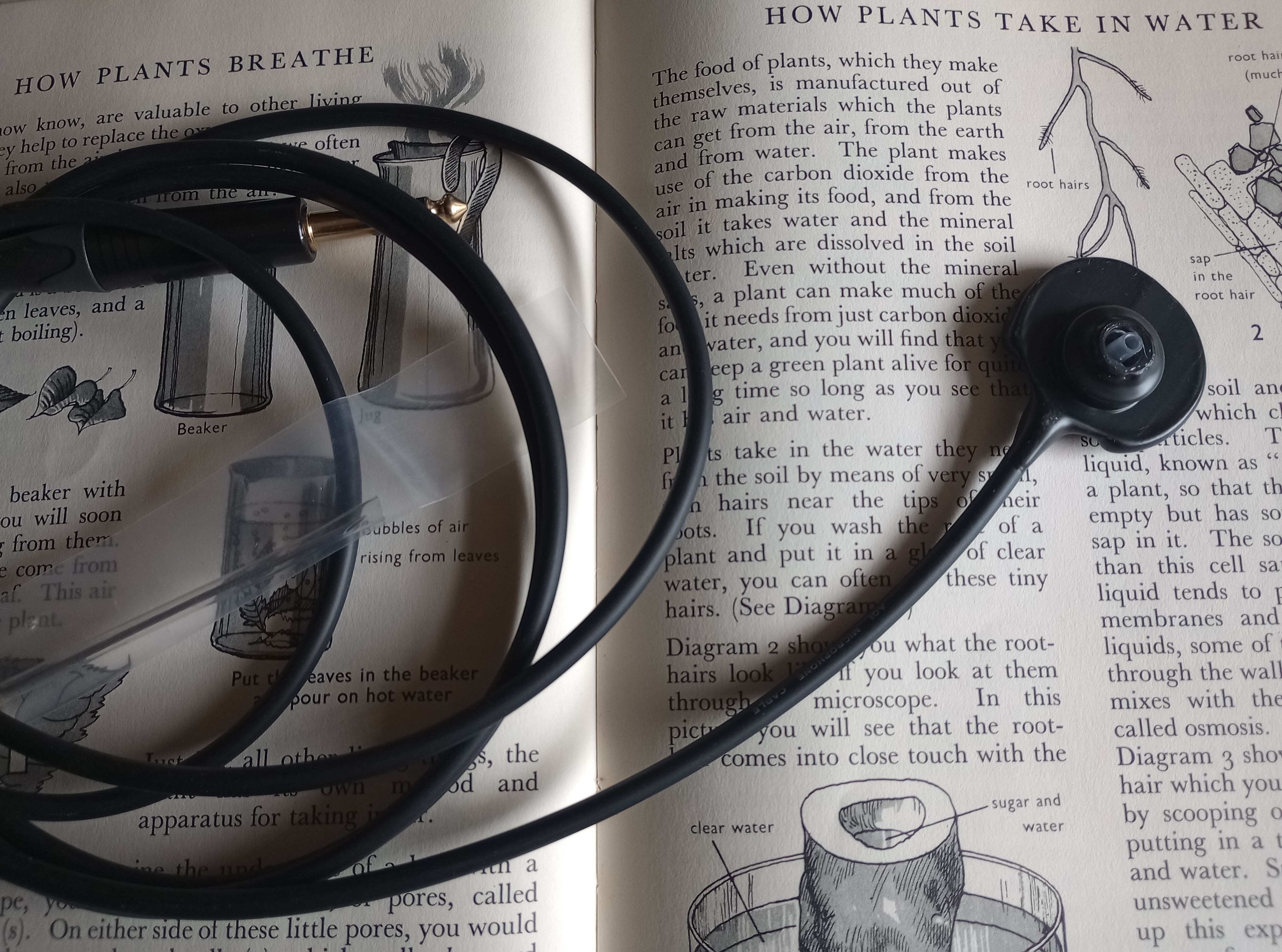
PLEASE READ - this is specific advice on using the JrF ecoutic mic to avoid damaging the microphone or probes
There is really only one 'rule' with microphones; whatever the cost always treat them as if they are the most expensive ones you have. Why? because every microphone has some vulnerability in its design, even those built to be used in high-pressure environments. With the JrF ecoutic mic the following advice should be followed;
The probes are connected without the need for any pressure or force.
Probes should be gently inserted and removed from any object or surface they are used on.
When using in harder surfaces the probes should be inserted first and the microphone gently attached to the probe. When removing the reverse procedure should be followed (see the videos on the main page for the ecoutic mic).
WHAT CAN HAPPEN;
We have had a few people break the steel probes. As they are extremely tough, this does indicate way too much pressure was applied to the probes.
A small number of the first batch of ecoutic mics that we made available to the public did have an issue with how the white adaptor was attached to the rest of the mic. We halted production and made improvements. Since then lots of ecoutic mics have been in constant use around the world in Sound Art installations & projects, field recording projects, Ecoacoustic research, Sound Design and in other areas of sound culture. We have however had 2 or 3 units where the white part of the adaptor has been pulled out of the rest of the adaptor. Again, this is due to too much pressure being used, usually when pulling on the microphone element part of the mic with the probe still attached.
If that does happen do send an email & we can advise further.
We (Jez & Pheobe) have been using several sets of our various designs of the ecoutic mic for some years now, all without issue, so we are confident that, with a reasonable amount of careful handling of what is a very sensitive microphone, they can give amazing results during many years of constant use in the field.
Thanks.